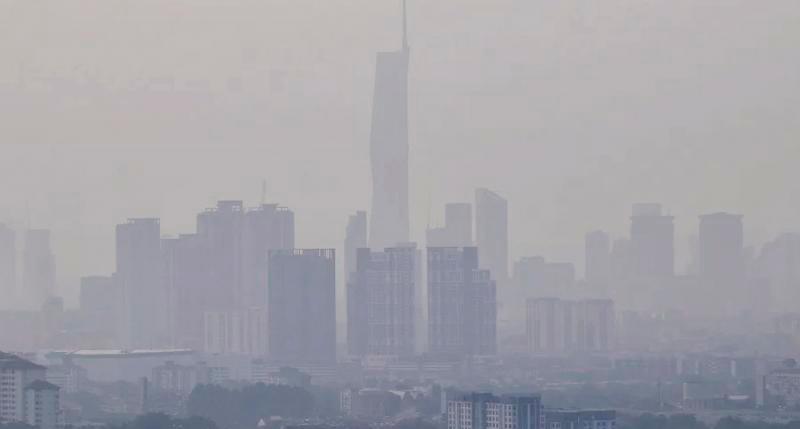THE “haze” or smog situation which has become an annual affair is a difficult issue to handle as it involves another country.
It has blanketed our skies, with the sun’s rays unable to penetrate the thick smog at times.
There are days when the sun is barely visible.
The blatant clearing of plantations on peatlands through open burning and forest fires in Sumatra and Borneo has resulted in our air quality being heavily polluted with soot and dust particles, causing irritation in the nose, throat, skin and eyes.
Almost every dry season, strong winds transport smoke, blanketing much of the region, bringing health risks and drawing concern for airlines.
Most people might experience mild symptoms of wheezing, sneezing, a dry throat and coughing while children, the elderly and people with chronic lung and heart diseases are more susceptible to the effects of the haze.
An Air Pollutant Index (API) of 50 and below is good while 50 to 100 is moderate and anything beyond 100 is unhealthy.
Many towns on the west coast of the peninsula have an API of more than 100.
The Kuala Lumpur skyline most days is hidden and hazy-looking.
Many towns in Negeri Sembilan such as Seremban, Nilai, Port Dickson and Kuala Pilah have an unhealthy API reading.
Since the thick blanket of smog is here to stay, we need to make a few lifestyle changes to cope and protect our health against poor air quality.
We need to wear masks and cut down on outdoor activities.
Avoid going out unnecessarily during this period.
We should eat a balanced healthy diet which would provide the body with adequate fighting capabilities.
We should drink a lot of water, observe basic hygiene and close all windows and ventilation outlets when staying indoors.
You should wash your hands and face regularly with water when you are outdoors to cleanse away haze toxins which cling to your face and body and can be absorbed into your system.
Those who have breathing problems such as asthma and skin problems such as eczema should have their medication with them at all times.
Finally, consult a doctor immediately upon developing haze-related symptoms.
We do not how long we have to put up with this polluted air but the best we can do is to cope with the situation by making a few lifestyle changes to protect our health.
Samuel Yesuiah
Seremban









